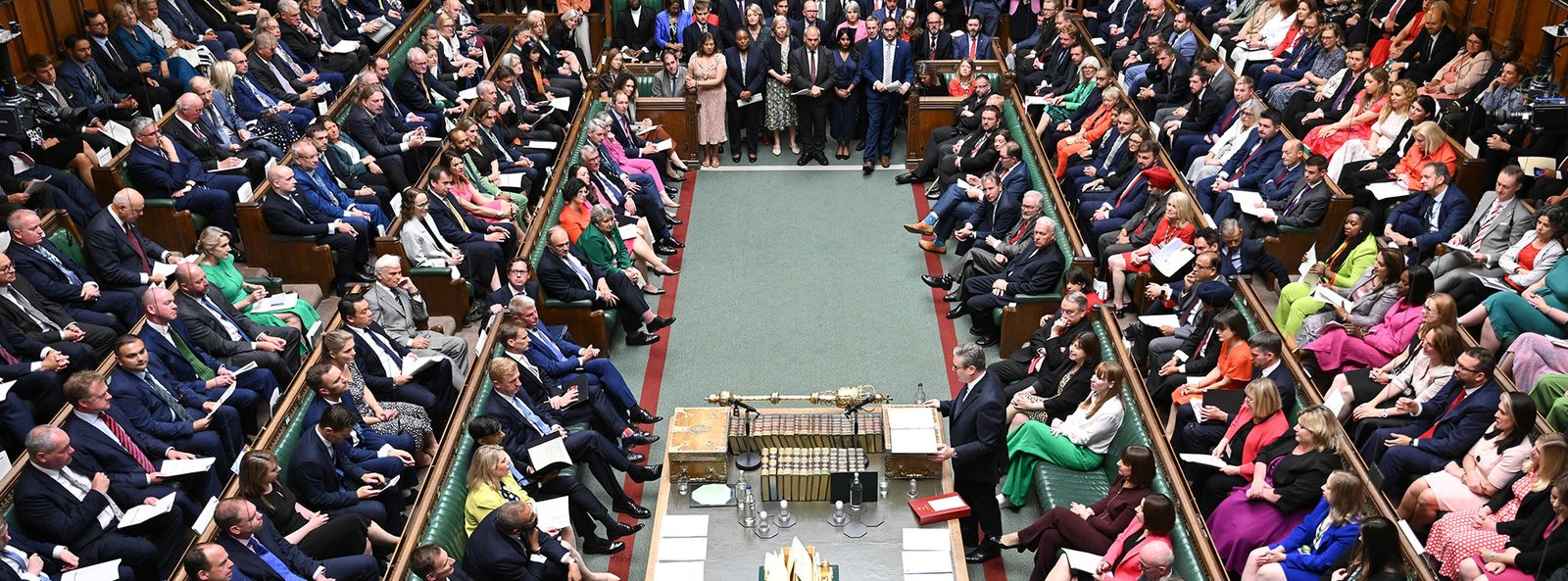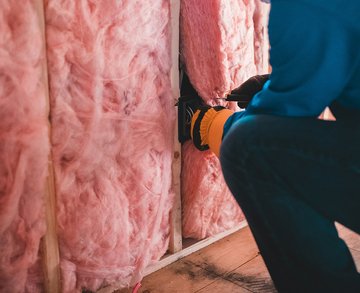Labour Introduces Renters' Rights Bill to Parliament
- Written by Carl Hewlett
The Labour Party has introduced the Renters' Rights Bill into Parliament today, Wednesday, 11th September. This legislation builds upon the foundations laid by the previous government's Renters (Reform) Bill, which failed to pass before the dissolution of Parliament ahead of the recent General Election.
The Renters' Rights Bill incorporates many of the key reforms proposed in the earlier bill, such as the abolition of Section 21 no-fault evictions and the introduction of ‘Pets in Lets’. However, it also introduces several new measures, including extending Awaab's Law to the private rental sector and granting tenants more power to combat rental bidding wars.
Renters’ Rights Bill: The Key Points
Following Parliament's next recess, a thorough examination and debate of the bill are anticipated in October. Here's a summary of what the bill entails and what landlords should be aware of:
Abolishing Section 21 - ‘No-fault’ Evictions
The abolition of Section 21 'no-fault' evictions has been a long-standing issue. The Labour Party's Renters' Rights Bill proposes to eliminate this option, enhancing tenant security and stability.
The abolition will apply to both new and existing tenancies, offering immediate protection to private renters. One concern is the potential strain on the courts given the expected increase in cases. Despite this, there have been no discussions regarding reforms to the judicial system to address this issue.
Strengthening Tenants’ Rights
The Renters' Rights Bill aims to empower tenants by introducing measures to curb rent increases and eliminate bidding wars. A key provision requires landlords and letting agents to publish a fixed asking rent, preventing them from accepting offers above this price.
While this is intended to protect tenants from exorbitant rent hikes, landlords have raised concerns that rent caps could inadvertently push the private rental sector towards an "Airbnb Lite" model, as landlords may opt to rent out their properties on a short-term basis to maximize profits.
In addition to rent caps, the bill also limits landlords to raising rents once a year and only to the market rate, further strengthening tenant protections.
Decent Homes Standard
The Renters' Rights Bill introduces a Decent Homes Standard, ensuring that all private rental properties are safe and free from hazards. This is a significant step towards addressing the alarming number of substandard homes in the sector.
The bill, if passed, will be the first to set a standard for private rentals. Government data reveals that 21% of privately rented homes are considered non-decent, with over 500,000 containing serious hazards.
Landlords who fail to meet these standards face penalties, including fines of up to £7,000 and potential prosecution. This measure aims to hold landlords accountable and improve the quality of housing available to tenants.
Awaab’s Law: Expanding Protections to the Private Rental Sector
Awaab’s Law, previously introduced for social housing through the Social Housing (Regulation) Act, is set to be extended to the private rental sector via the Renters’ Rights Bill.
This significant legislation will require landlords to adhere to strict timelines for inspecting and repairing hazards, such as damp and mould.
Ending Discrimination Against Tenants Receiving Benefits
The Renters' Rights Bill will make it illegal for landlords to impose blanket bans on tenants with children or those receiving benefits. This provision aims to ensure fair access to housing for all and was added to the Renters (Reform) Bill during its committee stage and remains a top priority for the Labour government.
Pets in Lets
The Renters' Rights Bill will grant tenants the right to request a pet both before and during a tenancy.
Landlords must consider these requests and cannot unreasonably refuse them. Similar to the Renters (Reform) Bill, landlords and letting agents may be able to require insurance to cover potential pet damage.
Digital Database and Property Ombudsman
A new digital database will empower tenants with essential information to make informed decisions when entering new tenancies. This database will also aid landlords and agents in maintaining compliance, while councils can concentrate their enforcement efforts on areas with the greatest need.
Additionally, the bill proposes the creation of a Property Ombudsman, an impartial dispute resolution service that can settle disagreements without resorting to court proceedings. This mirrors similar initiatives outlined in the original Renters (Reform) Bill.
When Will The Renters’ Rights Bill Become Law?
With a substantial parliamentary majority and strong support within its party, the Renters' Rights Bill is poised to make significant progress. Housing Minister Matthew Pennycook has expressed confidence that the bill will pass through the House of Commons swiftly, paving the way for a new tenancy system by the summer of 2025.
All images © House of Commons - Attribution 3.0 Unported (CC BY 3.0)





